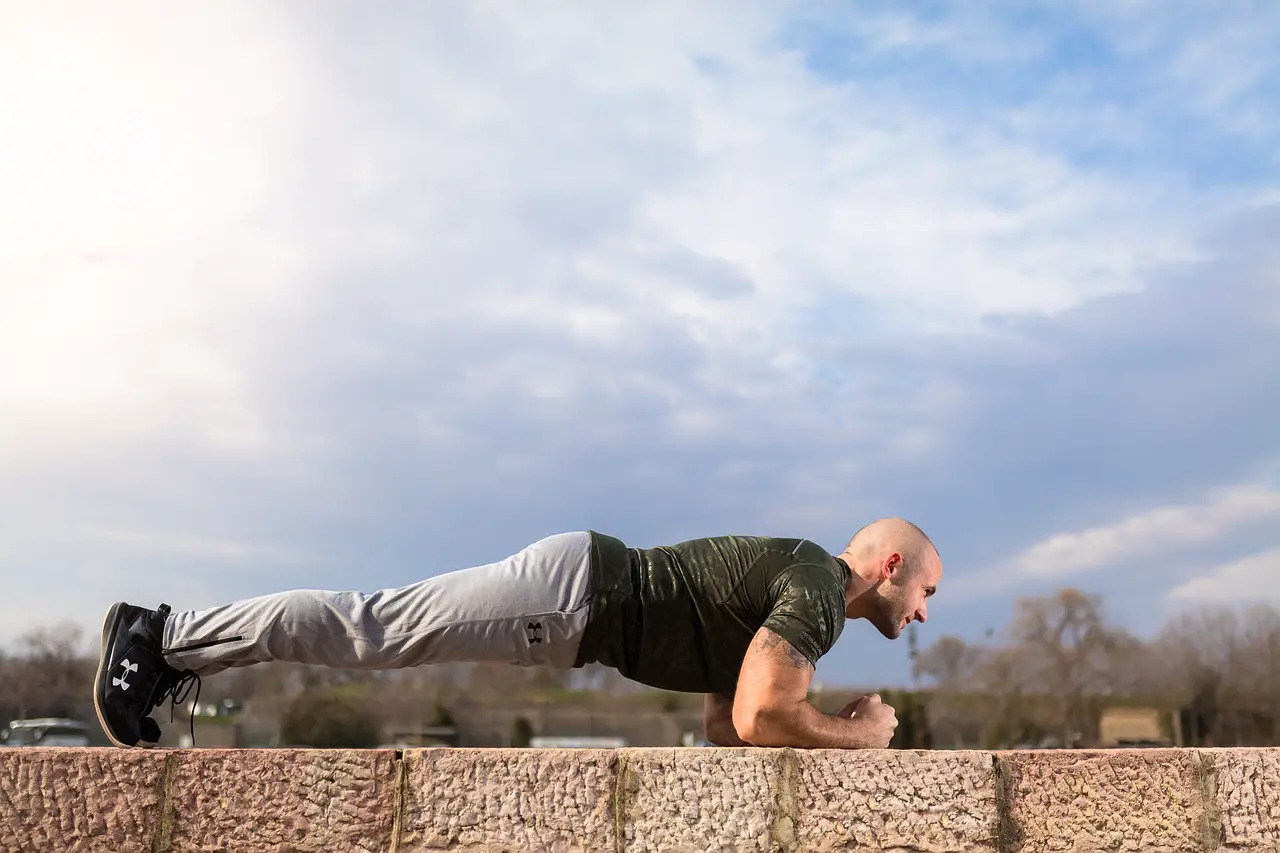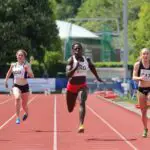
As the number of athletes adopting a vegan lifestyle continues to rise, it is important to explore the role of supplements in supporting their performance and overall health. While a well-planned vegan diet can provide ample nutrition for most individuals, certain supplements can fill potential gaps and optimize athletic performance.
This post aims to delve into the essential supplements that can benefit vegan athletes, including their benefits, recommended dosage, and potential food sources to achieve optimal results.

Supplements for Vegan Athletes
Vegan athletes can achieve optimal performance and health by carefully selecting and incorporating these supplements into their diet.
It’s important to note that while these supplements can be beneficial for vegan athletes, they should not be seen as a replacement for a well-rounded vegan diet. A plant-based diet rich in whole grains, legumes, fruits, vegetables, nuts, and seeds can provide the foundation for optimal nutrition. Supplements should be used to complement and enhance the diet rather than serve as a primary source of nutrients.
Vitamin B12
Vitamin B12 is one of the most critical supplements for vegan athletes, as it is primarily found in animal-derived foods. Insufficient intake of this vitamin can lead to fatigue, impaired athletic performance, and nervous system disorders.
Vegan athletes are encouraged to supplement with vitamin B12 to ensure adequate levels. The recommended dosage for most individuals is 250-500 mcg daily. Common sources of vegan-friendly vitamin B12 include fortified plant-based milks, breakfast cereals, and nutritional yeast.
Omega-3 Fatty Acids
Omega-3 fatty acids, specifically eicosapentaenoic acid (EPA) and docosahexaenoic acid (DHA), play a vital role in reducing inflammation, supporting cardiovascular health, and promoting optimal brain function.
While fish and fish oil supplements are the most well-known sources, vegan athletes can obtain omega-3s from algae-based supplements. Algal oil supplements provide a sustainable and vegan-friendly alternative to traditional fish oil supplements. The recommended dosage for omega-3 supplementation is generally 250-500 mg of combined EPA and DHA daily.
Iron
Iron is an essential mineral that plays a crucial role in oxygen transportation and energy production. Vegan athletes, especially women, are at a higher risk of iron deficiency due to the absence of heme iron found in animal products. Also, modern-day plant-based foods have been found to have lower iron levels than in the past, due to soil erosion and poor farming practices.
Plant-based sources of iron include legumes, leafy greens, fortified cereals, and seeds. However, supplementation may still be necessary for some individuals.
The recommended dosage of iron supplements varies based on individual needs and should be determined through blood tests and consultation with a healthcare professional.
Vitamin D
Vitamin D is necessary for bone health, immune function, and muscle strength. Although the body can produce vitamin D through exposure to sunlight, vegan athletes who have limited sun exposure may be at risk of deficiency. Supplementation with vitamin D2 or vitamin D3 can help maintain optimal levels.
The recommended dosage varies based on individual needs and may require blood tests and consultation with a healthcare professional. Vegan food sources of vitamin D are limited, but fortified plant-based milks, cereals, and mushrooms exposed to sunlight can contribute to overall intake.
Creatine
Creatine is a naturally occurring compound that enhances energy production and muscle strength. It has been extensively studied and shown to improve high-intensity exercise performance.
While creatine is commonly associated with animal products, it can be obtained from vegan-friendly sources such as creatine monohydrate derived from fermented plant sources. The recommended dosage for creatine supplementation is typically 3-5 grams per day, taken consistently to maintain muscle saturation levels.
Protein Supplements
Protein is essential for muscle repair and growth, and vegan athletes may need to pay special attention to meeting their protein needs. While a well-planned vegan diet can provide adequate protein, some athletes may choose to incorporate protein supplements for convenience or to support their training goals.
Plant-based protein powders derived from sources like pea, rice, hemp, or soy can be effective options. The recommended protein intake for athletes varies depending on factors such as body weight, training intensity, and goals. It is recommended to consult with a registered dietitian or sports nutritionist to determine individual protein needs and the appropriate use of protein supplements.
Electrolytes
During intense physical activity, electrolytes such as sodium, potassium, magnesium, and calcium are lost through sweat. Adequate electrolyte balance is crucial for proper muscle function and hydration.
While electrolytes can be obtained from whole foods, vegan athletes engaging in prolonged or intense exercise may benefit from electrolyte supplementation. There are various electrolyte supplements available that are suitable for vegans. It’s important to follow the recommended dosage and consider the specific needs of your training regimen and environmental conditions.
Antioxidants
Intense exercise generates oxidative stress, which can lead to inflammation and muscle damage. Antioxidants help combat this oxidative stress by neutralizing free radicals.
While a well-rounded vegan diet rich in fruits, vegetables, and whole grains can provide a good supply of antioxidants, some vegan athletes may choose to supplement with additional antioxidants such as vitamins C and E, coenzyme Q10, or resveratrol.
It’s important to note that excessive antioxidant supplementation may interfere with training adaptations, so moderation is key. Consulting with a healthcare professional or registered dietitian is advisable to determine the appropriate dosage and supplementation strategy.
Final Thoughts
Overall, vegan athletes can optimize their performance and overall health by incorporating carefully selected supplements into their diet. Vitamin B12, omega-3 fatty acids, iron, vitamin D, creatine, protein, electrolytes, and antioxidants are among the supplements that can be beneficial.
However, it is essential to remember that supplements should not replace a well-planned vegan diet that includes a variety of nutrient-dense whole foods. Consulting with healthcare professionals, such as registered dietitians or sports nutritionists, can provide personalized guidance to meet individual needs and maximize the benefits of supplementation.
With proper attention to nutrition and supplementation, vegan athletes can excel in their athletic endeavors while maintaining optimal health.
Lance has been passionate about the plant-based diet and we have been following a whole food plant-based diet for over 5 years. We focus on health, natural healing, weight management, animal rights, and the health of the planet and environment by focusing on whole plant-based foods and sustainable practices.
Learn more at the About Me page and follow on social media at the links below.




